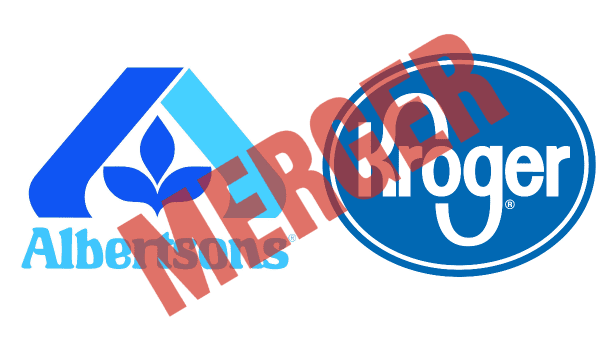I don’t read too many articles in the Harvard Law & Policy Review, but I read this one.
It is entitled “Market Power and Inequality: The Antitrust Counterrevolution and Its Discontents,” by Lina Khan and Sandeep Vaheesan.
It discusses how federal antitrust policy over the past 40 years has shaped the American socioeconomic scene. The article argues that federal antitrust policy has been skewed toward “business efficiency” rather than maintaining a truly competitive business climate ever since the Reagan administration made this policy shift in the 1980s.

If its arguments are true, they go far toward explaining much about the present U.S. economy, including the increasing concentration of wealth in the superrich and the erosion of the middle class: “The failure of antitrust to preserve competitive markets contributes to regressive wealth and income distribution.”
If you are involved with the produce industry, I suggest you read it. You will have a much better idea of why growers and shippers are, as they frequently and rightly complain, price takers rather than price makers: “In many markets—notably agriculture—large buyers have the power to drive prices below the competitive level.” (This article was published in 2017. More true or less true today?).
There is a huge amount of material for discussion here, but I want to focus on one point. The lead author, Lina Khan, is currently chair of the Federal Trade Commission (FTC), which has more than a little say in approving corporate mergers.
Khan and her coauthor harshly criticize the Safeway-Albertsons merger of 2015:
“To allay the FTC’s concerns, the merging entities sold 146 Albertsons stores in towns and cities in the Western United States, where they competed with a Safeway, to a small supermarket chain called Haggen. Following this acquisition, the number of Haggen stores increased from 18 to 164. Even a casual observer could have predicted that Haggen would have great difficulty expanding its storefronts nearly ten-fold in a very short period of time. The skeptics have been proven right. Haggen struggled to integrate the new stores and, despite its reorganization efforts in bankruptcy, may be forced to liquidate. Underscoring how the remedy backfired, Albertsons has reacquired a number of the stores it sold through the bankruptcy process.”
In short, Khan and Vaheesan contend that the Albertsons-Safeway deal was an example of what not to do with corporate mergers.
I don’t have the expertise to evaluate this article from a legal or economic perspective. Yet one thing is clear: the author of this article is extremely unlikely to approve the proposed Kroger BB #:100073-Albertsons BB #:193326 merger. The number of stores that might be divested (estimates vary by hundreds) has nothing to do with the matter: as the 2015 merger showed, divestiture achieves nothing.
I can’t predict that the new merger will fail: such measures are subject to a great deal of pressure from all sides, and living on the Illinois prairie, I don’t go to many Georgetown cocktail parties. But many organizations have voiced their opposition.
In any event, it seems likely that if Lina Khan has her way, the Kroger-Albertsons merger will soon become a memory in the lore of failed business efforts.



